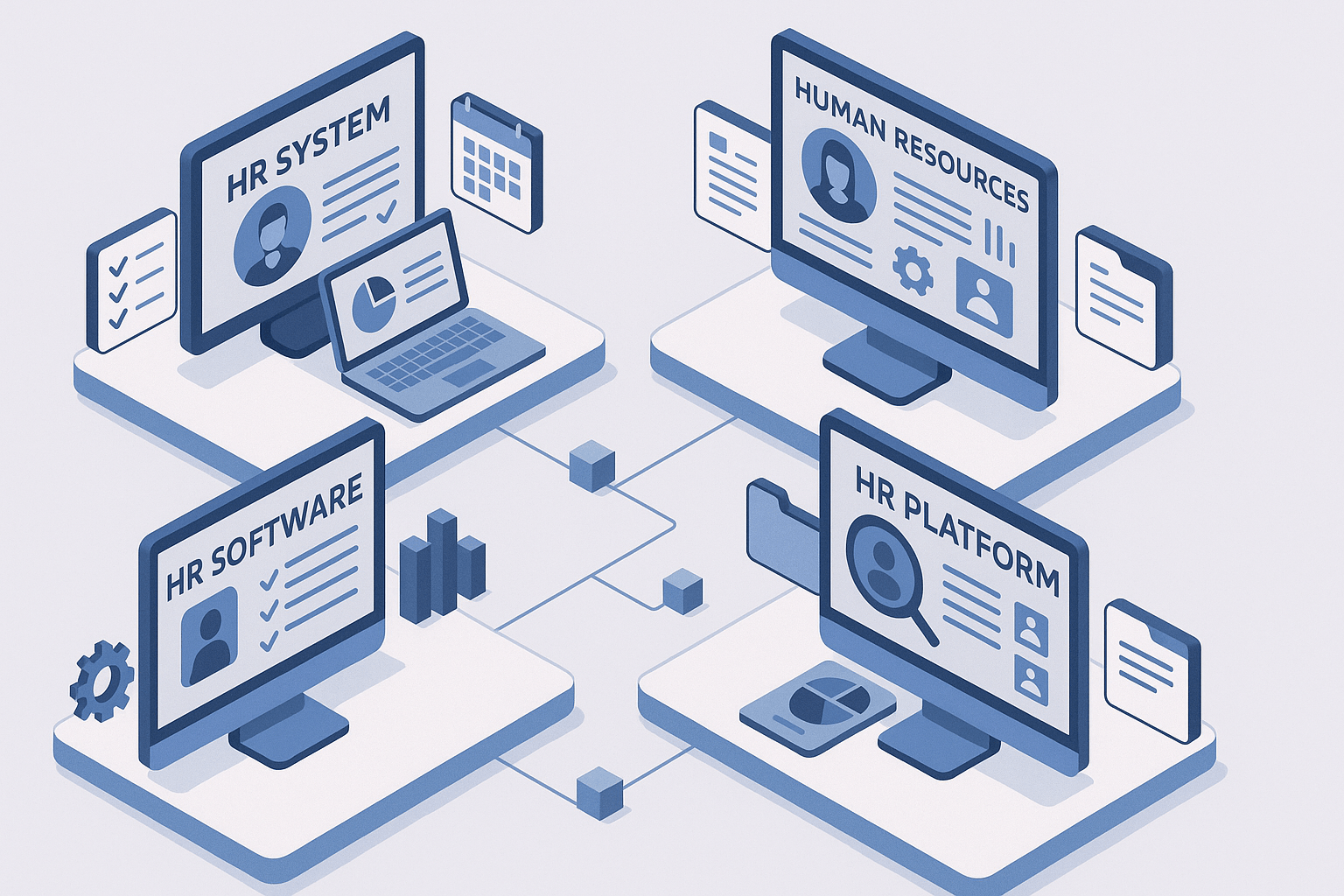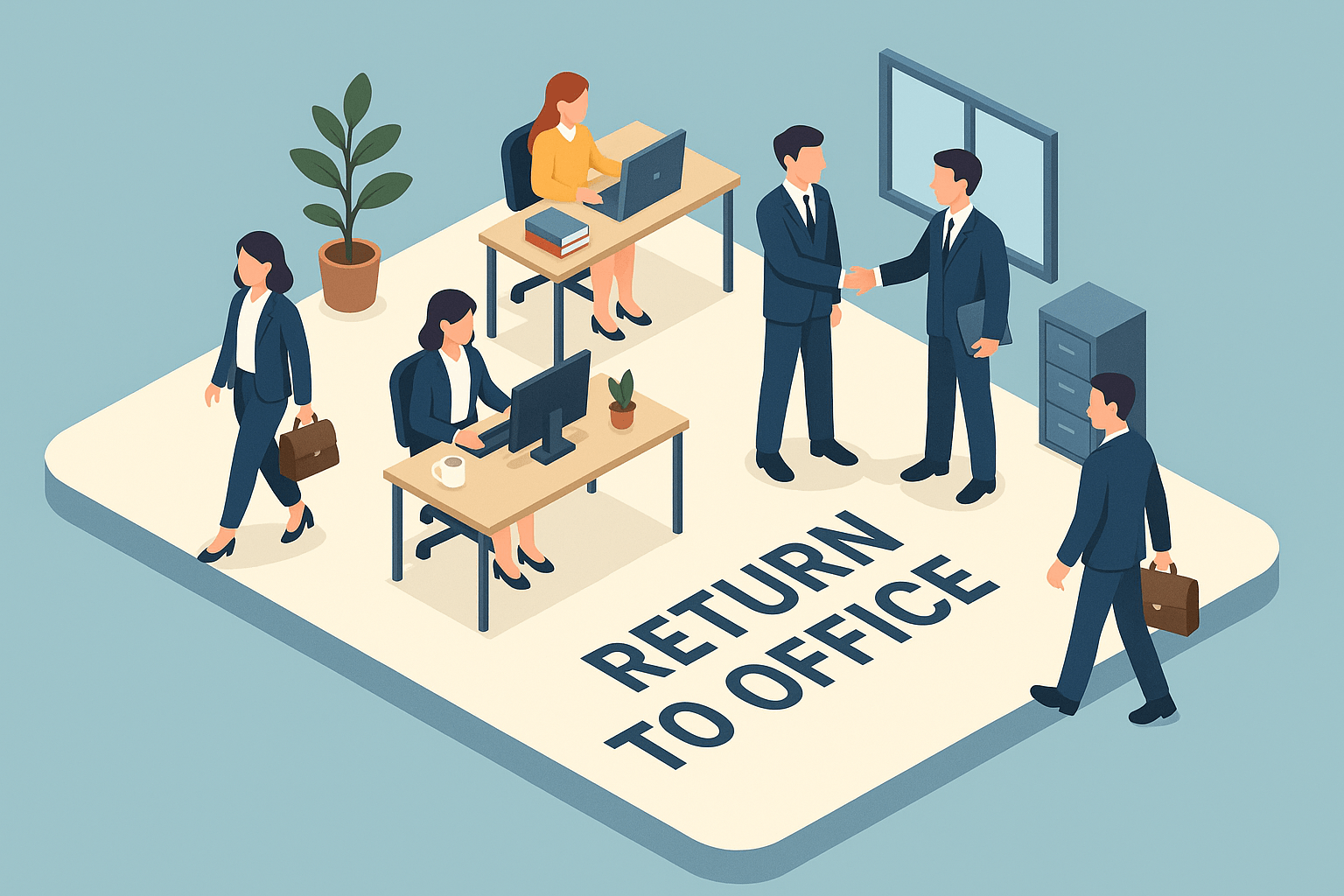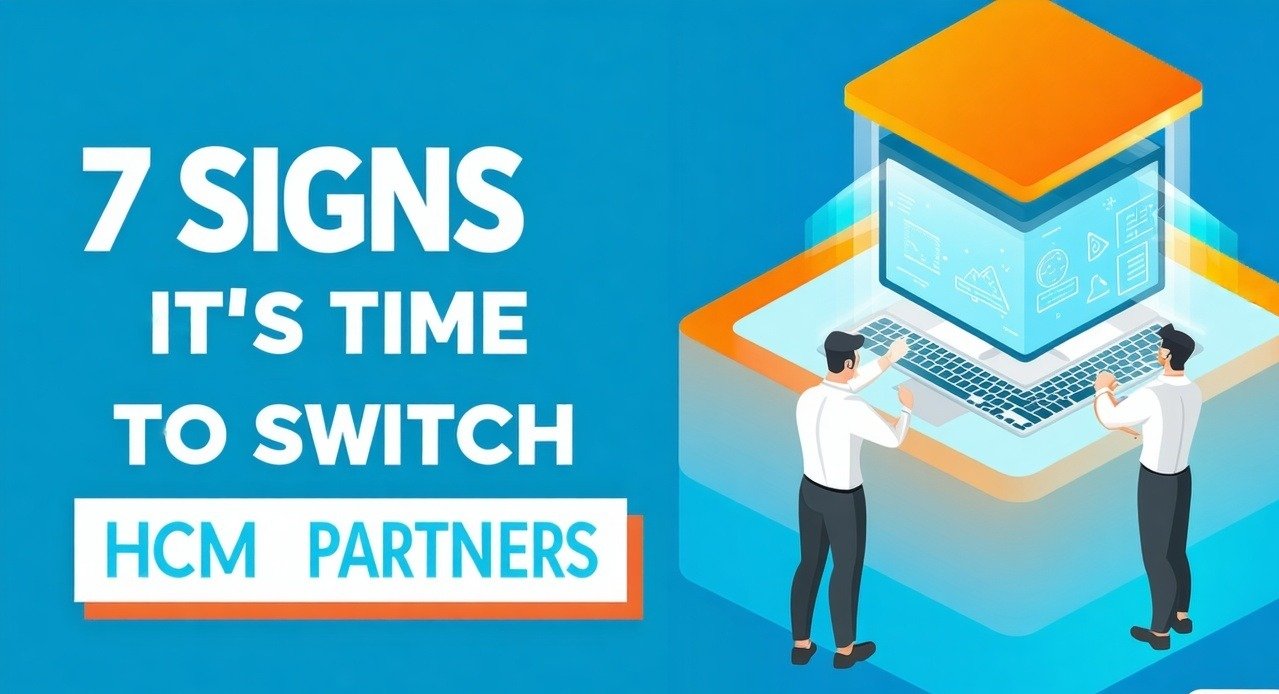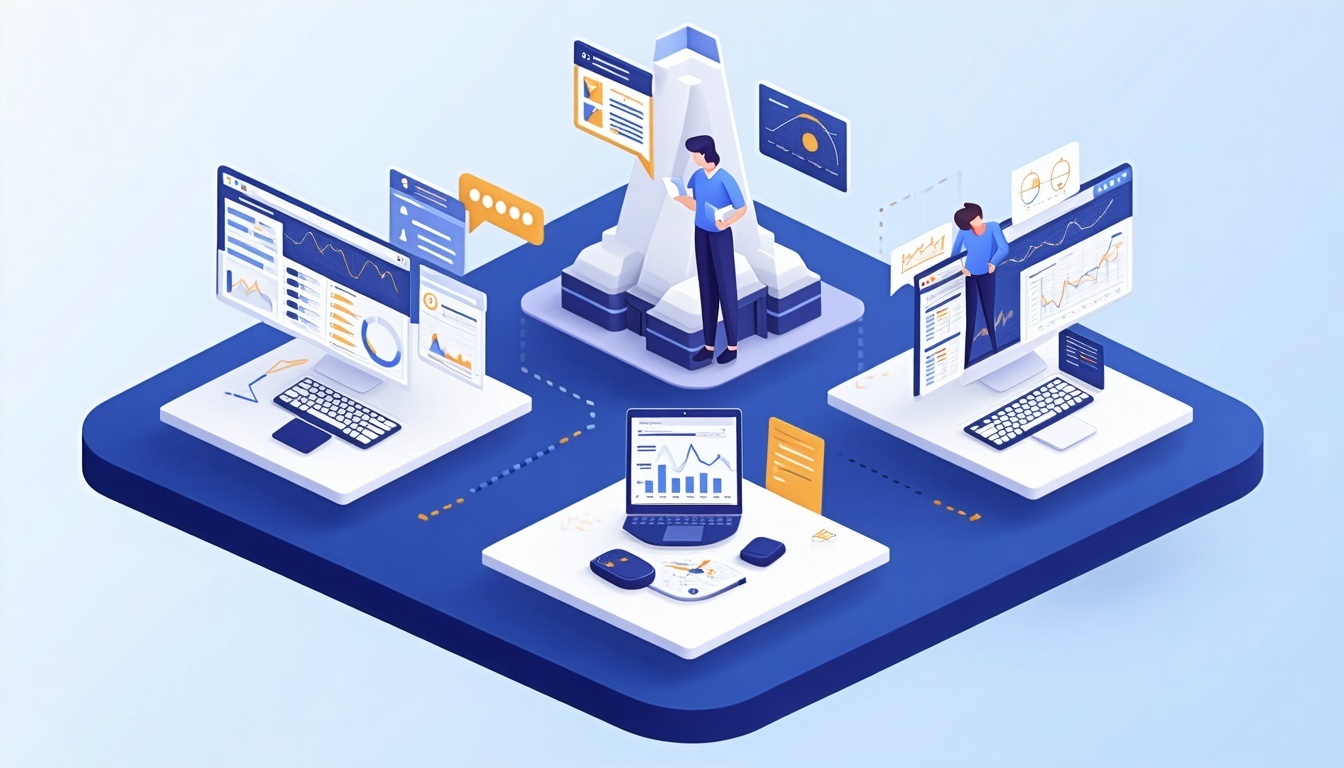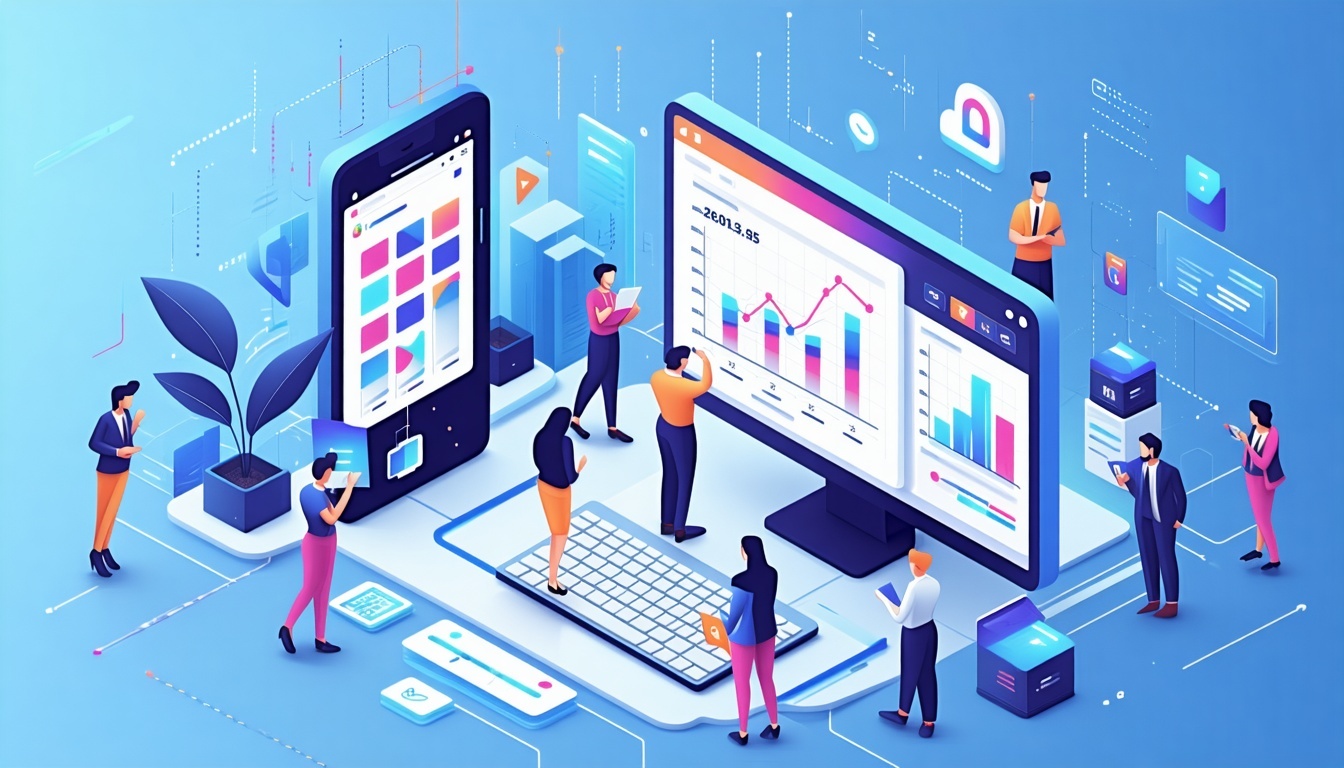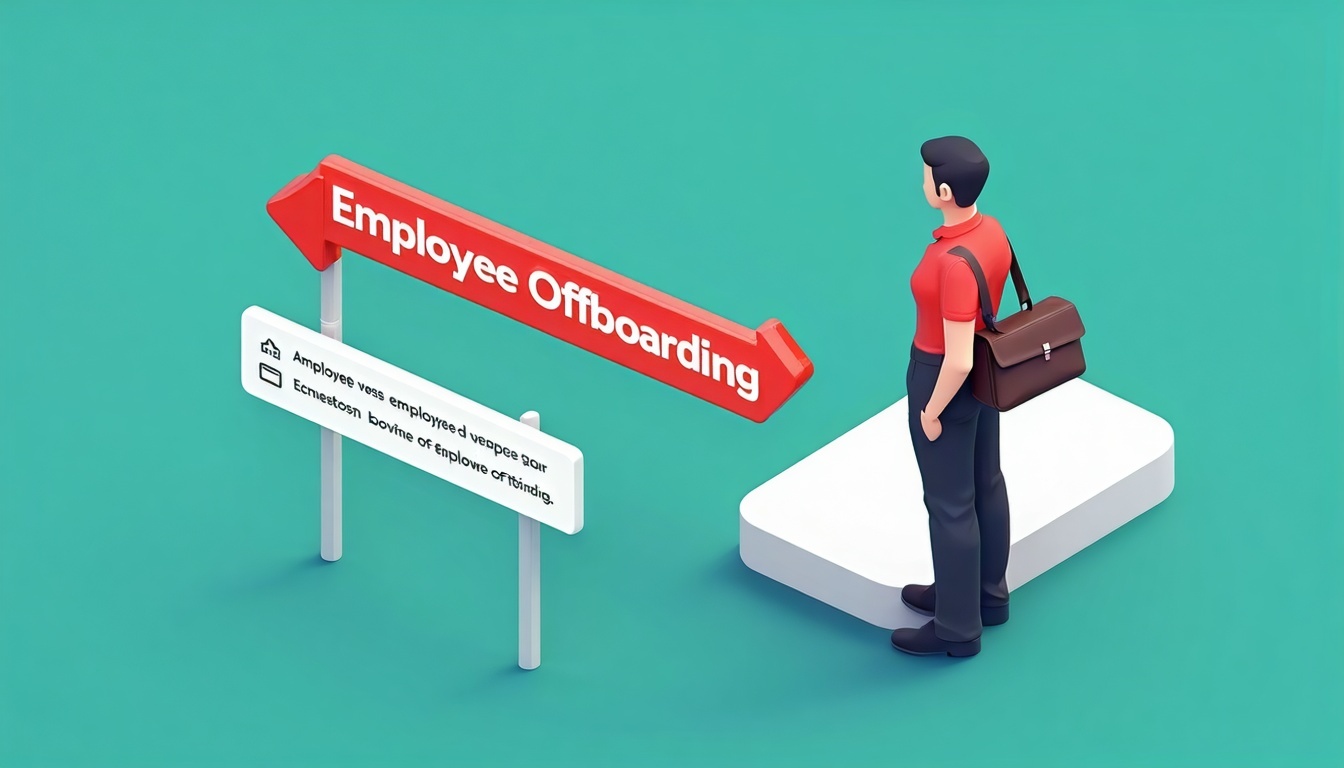What is a Learning Management System (LMS) How Do You Know If Your Business Needs One?
June 4th, 2024
6 min read

If you are involved in any part of HR in your organization, you may be all too familiar with juggling countless tasks, such as onboarding new hires, ensuring employees are up-to-date with training, and maintaining compliance with industry standards. It feels like there's never enough time in the day. You start to notice employees are not engaging with training, and tracking their progress is a nightmare. You are certainly not alone.
We have witnessed countless businesses grapple with the complexities of training without a Learning Management System (LMS). With over half a century of expertise in the Human Capital Management industry, we at Lift HCM pride ourselves on being able to provide strategic insights and tailored solutions to all industries. After reading this article, you will walk away with a more thorough understanding of what a learning management system (LMS) is and if having one will benefit your business.
Table of Contents
- What is a Learning Management System (LMS)?
- What are the Benefits of an LMS?
- What Should I Know Before I Get Started with an LMS?
- 5 Signs Your Business May Benefit from a Learning Management System (LMS)
- Is a Learning Management System (LMS) Right for Your Business?
The Learning Management System Market is expected to grow from USD 22.1 billion in 2023 to USD 51.9 billion by 2028 at a Compound Annual Growth Rate (CAGR) of 18.6% during the forecast period, according to a new report by MarketsandMarkets™. The increasing adoption of digital learning solutions across educational institutions, corporate sectors, and government organizations is fueling the demand for LMS platforms.
What is a Learning Management System (LMS)?
A Learning Management System (LMS) is a software platform designed to simplify the creation, delivery, management, and tracking of training programs. It provides a centralized location to store learning materials, deliver courses in various formats, monitor learner progress, and assess performance. An LMS enables organizations to provide their employees with consistent, accessible, and scalable training solutions.
What are the Benefits of an LMS?
Benefits for Learners:
Accessibility: With an internet connection, learners can access course materials and resources anytime, anywhere, and on any device. This flexibility accommodates different learning styles and schedules.- Accessibility: With an internet connection, learners can access course materials and resources anytime, anywhere, and on any device. This flexibility accommodates different learning styles and schedules.
- Personalized Learning: LMS platforms often provide features like adaptive learning paths and personalized recommendations, allowing learners to focus on areas where they need the most support.
- Collaboration and Interaction: Many LMS platforms include discussion forums, chat features, and other tools that encourage collaboration and interaction among learners, enhancing the overall learning experience.
- Progress Tracking and Feedback: Learners can easily track their progress through courses, receive immediate assessment feedback, and identify improvement areas.

Benefits for Organizations
- Centralized Learning Content: LMS platforms provide a central repository for all learning materials, making it easy for learners to find what they need and for administrators to manage and update content efficiently.
- Streamlined Training and Onboarding: Organizations can use LMS platforms to deliver consistent training and onboarding programs, ensuring all employees have the necessary knowledge and skills.
- Cost Savings: LMS platforms can reduce training costs by eliminating the need for travel, physical materials, and instructor fees. They also allow for the reuse of content, further reducing development costs.
- Improved Performance and Productivity: Organizations can improve performance, productivity, and overall employee satisfaction by providing employees with access to relevant and engaging training.
- Data Tracking and Reporting: LMS platforms provide detailed reports on learner progress, engagement, and performance. This data can be used to evaluate training programs' effectiveness and identify improvement areas.
What Should I Know Before I Get Started with an LMS?
When selecting a Learning Management System (LMS), it is crucial to evaluate various factors to ensure it meets your organization's needs. Start by assessing your budget and the cost of the LMS. Determine if the platform offers flexible pricing options or subscription models that align with your financial constraints. Next, consider the LMS's specific features, such as course creation tools, assessment capabilities, reporting and analytics, learner engagement tools, mobile compatibility, and integrations with other systems.
Ease of use is another critical factor. Assess how user-friendly the LMS is for both learners and administrators. A platform with an intuitive interface and simple navigation will make it easier for everyone to use. Scalability is also essential; as your organization grows or your training needs change, the LMS should be able to accommodate an increasing number of users and courses.

Customer support is vital for resolving issues and ensuring a smooth user experience. Evaluate the quality and availability of customer support provided by the LMS vendor. Additionally, verify the security measures to protect learner data and ensure compliance with relevant regulations. Consider data encryption, access control, and regular security updates.
Customization options are also important. Determine if the LMS allows customization to meet your organization's specific requirements, including branding, custom reports, or integrations with other systems. Assess the LMS's reporting and analytics capabilities, as robust reporting features help you track learner progress, identify trends, and measure the effectiveness of your training programs.
The overall user experience, including the LMS's design, layout, and mobile accessibility, should be considered, as a well-designed platform enhances learner engagement and satisfaction. Evaluate the platform's compliance with industry standards and regulations, such as SCORM, AICC, or xAPI, to ensure compatibility with e-learning content and standards.
Integration capabilities are also crucial. Assess the LMS's ability to integrate with other systems, such as your HRIS, CRM, or ERP, to streamline processes and provide a seamless learning experience. Finally, research the vendor's reputation and track record in the LMS industry by considering factors such as customer feedback, market share, and industry awards.
5 Signs Your Business May Benefit from a Learning Management System
Below are some of the most common signs indicating it may be time for a learning management system (LMS).
Sign 1: Inefficient Training Processes
Time-Consuming Manual Tracking: Training becomes a manual, time-consuming task without a learning management system (LMS). Consider the time-consuming and repetitive nature of manually sorting through voluminous physical or electronic documents to monitor the completion status of training programs. This long and difficult process takes up time that could be better spent on items where your expertise is truly needed.
Lack of Standardized Training Materials: Training materials can become inconsistent without a centralized system. Employees might receive different versions of the same training, leading to confusion and gaps in knowledge. Think of it as a recipe that changes every time you cook, resulting in varied outcomes. Consistency is key to effective training, and achieving this can be a significant hurdle without an LMS.
Sign 2: Poor Employee Engagement and Retention
Limited Access to Training Resources: Employees thrive when they have easy access to learning resources. Without an LMS, finding the right training material can be like searching for a needle in a haystack. Employees may become frustrated and disengaged if they can't access what they need when needed. Imagine trying to learn a new skill but digging through endless folders to find the right instructions.
Reduced Motivation Due to Ineffective Training Methods: Traditional training methods, like long, monotonous workshops, can be demotivating. An LMS offers interactive and engaging learning experiences like videos and quizzes. Without it, training can feel like a chore rather than an opportunity for growth. Picture this: would you rather read a thick, boring manual or watch a short, engaging video that teaches you the same thing?
Sign 3: Difficulty in Measuring Training Effectiveness
Inadequate Data Collection: Measuring the effectiveness of your training programs is crucial. Without an LMS, collecting data on who has completed training and how well they performed is challenging. It's like measuring your fitness progress without a tracking app—difficult and inaccurate. An LMS provides detailed reports and analytics, giving you a clear picture of your training's impact.
Challenges in Assessing Employee Progress: Without an LMS, assessing employee progress can be difficult. You might not know if your team is struggling until it's too late. An LMS allows for real-time monitoring and feedback, helping you identify and address issues promptly. Think of it as having a GPS for your training journey—without it, you're driving blind.
Sign 4: Increased Costs and Resource Allocation
High Administrative Costs: Manually managing training can be expensive. The administrative burden of tracking, reporting, and updating training materials can add up quickly. An LMS automates these tasks, freeing up resources and reducing costs. Imagine hiring extra staff just to keep up with training records—an unnecessary expense that an LMS can help you avoid.
Inefficient Use of Training Resources: Without an LMS, you might spend more on training than necessary. Traditional methods often involve travel, printed materials, and in-person sessions, which can be costly. An LMS allows for online, self-paced learning, which is more cost-effective. It's like choosing between buying a book or downloading an e-book—the latter is often cheaper and more convenient.
Sign 5: Compliance and Certification Issues
Difficulty in Maintaining Compliance Standards: Industries often have strict compliance requirements, and staying on top of these is crucial. Without an LMS, ensuring all employees meet these standards can be a daunting task. An LMS automates compliance tracking, ensuring everyone is up-to-date. Imagine remembering everyone's deadlines and requirements without a reminder system—chaotic and prone to errors.
Challenges in Certification Tracking and Reporting: Certifications are essential for many roles, and tracking these manually can lead to mistakes and missed renewals. An LMS keeps all certification data in one place, making it easy to manage. It's like having a digital wallet for all your important documents—secure and easily accessible.
Is a Learning Management System Right for Your Business?
Navigating the complexities of training without a Learning Management System (LMS) can be challenging and inefficient. The obstacles are significant, from manual tracking and inconsistent training materials to poor employee engagement and high costs. Implementing an LMS allows you to streamline your processes and take advantage of its benefits. See how else Lift HCM can be a solutions tool for your workforce.
Centralized Learning Content: LMS platforms provide a central repository for all learning materials, making it easy for learners to find what they need and for administrators to manage and update content efficiently.Caitlin Kapolas is a results-driven professional with a strong background in account management and retail. She is dedicated to improving client experiences and building lasting relationships. Caitlin excels in identifying client needs, resolving issues, and implementing customized solutions that drive value. Her effective communication skills ensure high client satisfaction and loyalty, making her a trusted advisor and partner in meeting client needs with precision and professionalism.



.png?width=473&height=315&name=Digital%20Employee%20Experience%20DEX%20in%20HCM-21%20(1).png)





